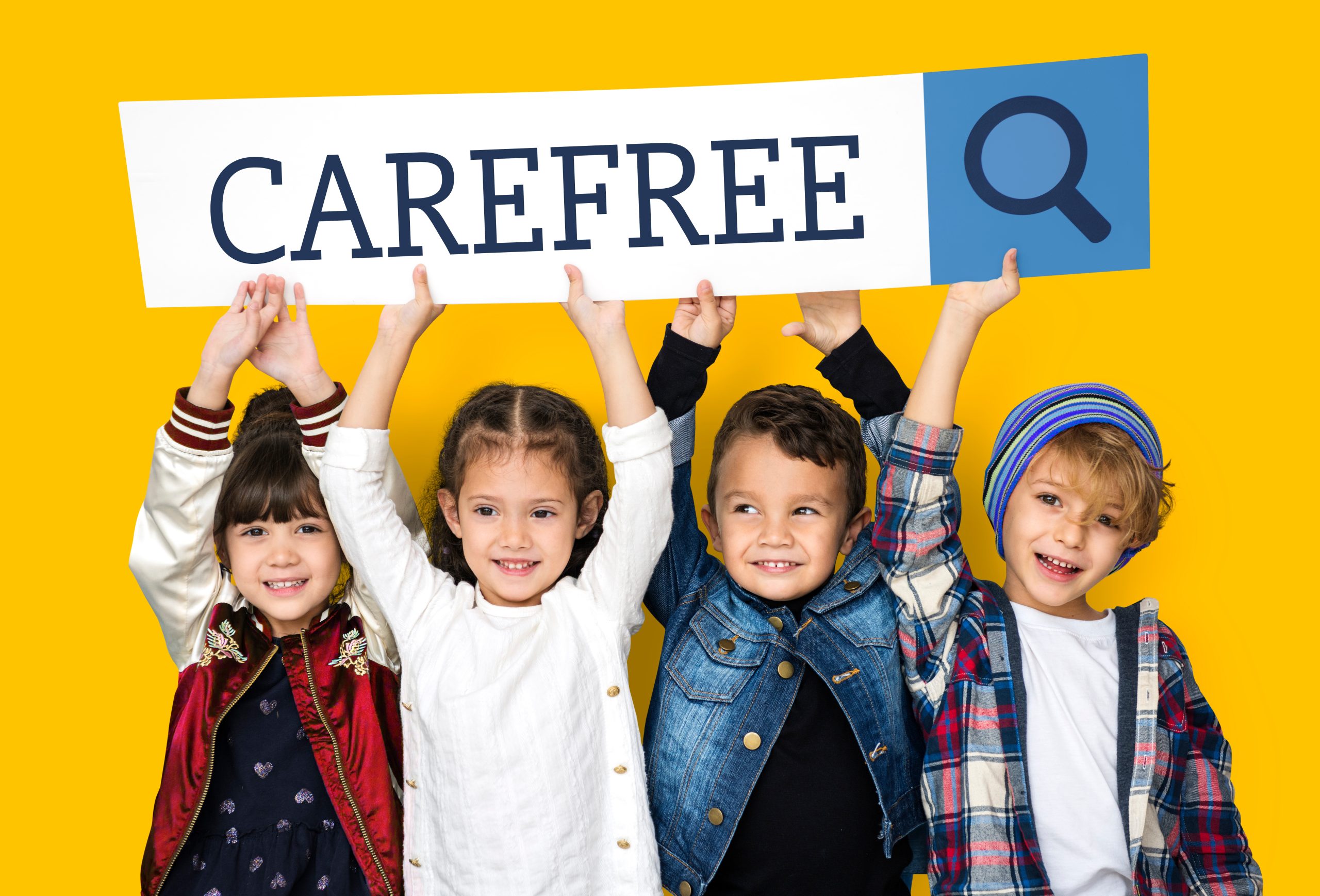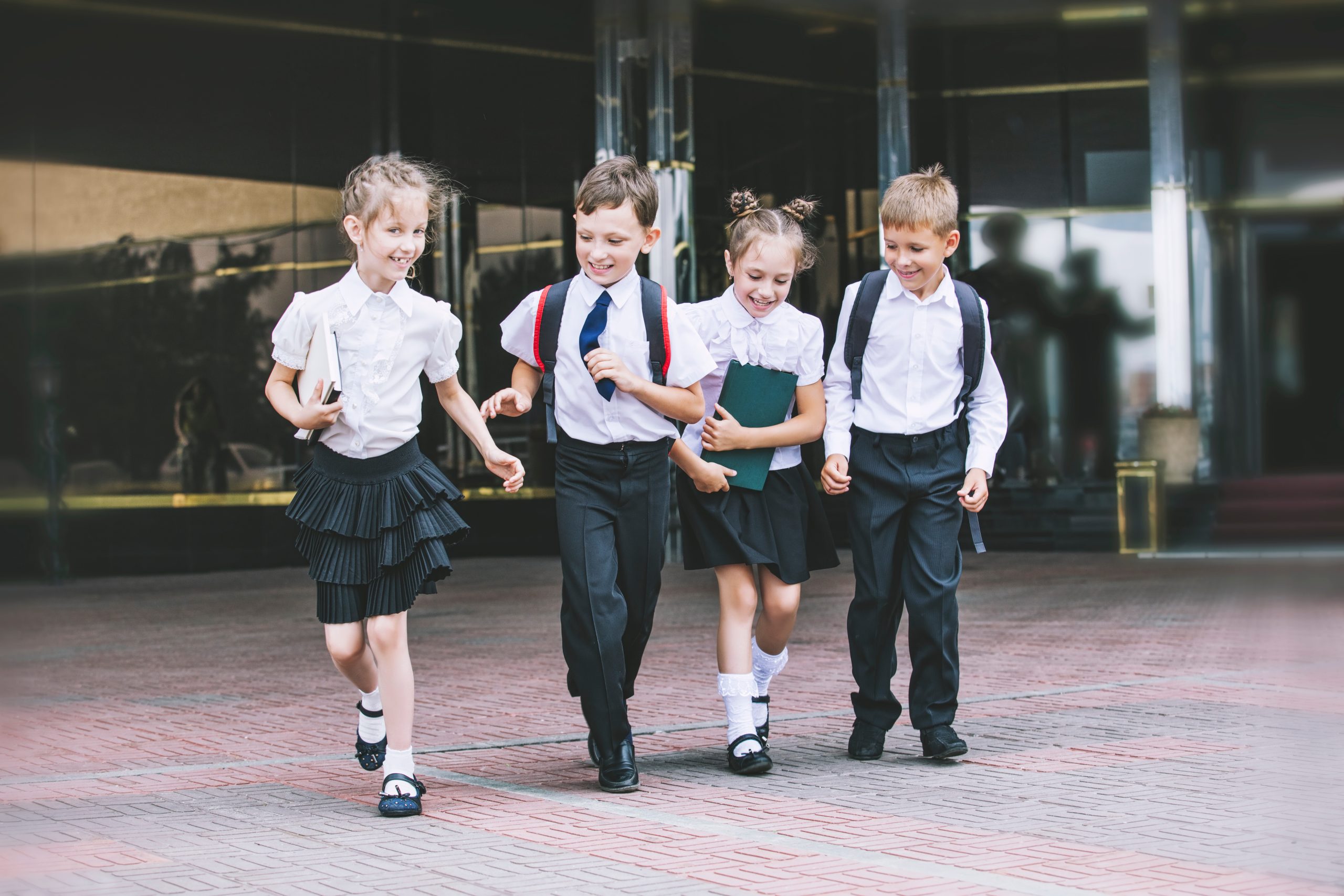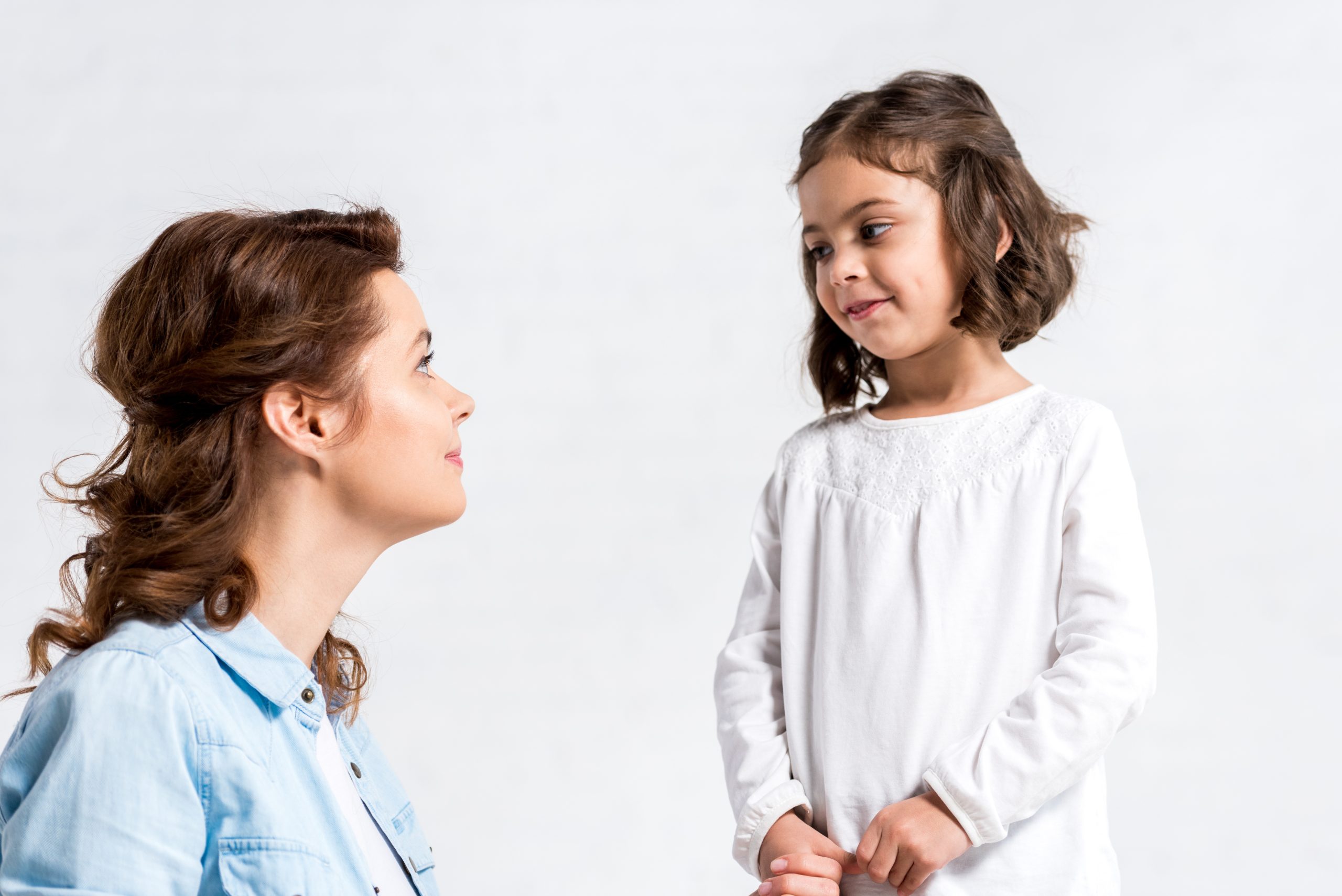
123rf
In today’s digital age, social media platforms have become ubiquitous in our daily lives, often blurring the lines between public and private spaces. As parents, it’s crucial to safeguard our children’s privacy and security online. Here are 15 things you should never share about your children on social media, ensuring they enjoy a safe and protected digital environment.
1. Full Names

123rf
Avoid posting your children’s full names. Using their full names can make them easily identifiable and searchable, potentially exposing them to identity theft or unwanted attention. Instead, opt for nicknames or initials. Remember, once something is online, it can be difficult to remove. This also helps in maintaining a level of privacy that can shield your children from digital profiling in the future. Keeping their identities partially concealed can prevent misuse of their personal information.
2. Exact Birthdates

123rf
Sharing your child’s exact birthdate can open the door to identity fraud. This information, coupled with a name, can be used to unlock various aspects of personal data. Celebrate their milestones without revealing specific dates. Instead of posting the exact date, you can share the month or simply the joy of the occasion. It’s also wise to adjust your privacy settings to limit who can see your posts. Protecting this detail helps safeguard their identity as they grow.
3. Location Tags

123rf
Never use location tags when posting photos of your children. This includes tagging locations at their school, home, or places they frequently visit. Geotagging can inadvertently reveal patterns of behavior and locations, making your children vulnerable to being tracked. Consider the potential risks of someone knowing exactly where your child spends their time. Keep those check-ins and location-specific posts to a minimum or avoid them altogether. Privacy is paramount when it comes to the places your children frequent.
4. Photos in School Uniforms

123rf
Posting photos of your children in their school uniforms can make it easy for strangers to identify where they study. This can pose a risk to their safety by exposing their daily routines and location. If you want to share their school achievements, opt for photos that do not include the school’s insignia. Always think about how much you’re inadvertently sharing through a simple picture. Remember, every detail can help build a bigger picture in the eyes of someone with bad intentions. Aim for ambiguity in the details you disclose.
5. Embarrassing Stories or Photos

123rf
Respect your child’s dignity and future reputation by not sharing embarrassing stories or photos. What may seem like a cute moment now can become a source of embarrassment or bullying later. Your child’s digital footprint starts with you, and what you share can impact them for years to come. Consider how they might feel about this content when they’re older. Always prioritize their privacy and emotional well-being when sharing online. Your role is to protect their interests, not just to share moments.
6. Health Issues

123rf
Health matters are deeply personal, and sharing details about your child’s health can violate their privacy. This includes discussions about illnesses, disabilities, or mental health issues. Such information can stigmatize or expose them to judgment or discrimination. It’s crucial to keep their health information confidential unless sharing it within a secure and supportive community. Think about how this information could be used against them or affect them socially. Their health journey should be theirs to disclose when they choose.
7. Bath Time Photos

123rf
While it may be tempting to share cute bath time photos, these should be kept private. Such images can attract the wrong kind of attention and are best shared only with close family, if at all. Remember that once a photo is online, it can be copied, altered, or distributed without your consent. Protect their innocence and privacy by keeping these moments offline. Respect their vulnerability and choose other ways to capture their childhood. Always consider the potential long-term impact on your child’s privacy.
8. Daily Routines

123rf
Sharing details about your child’s daily routines can make them predictable to outsiders. Avoid mentioning the specific times they attend various activities or the routes they take. This information could be used by someone with malicious intent to track or approach your child. Keep their routines off your social media feeds to ensure their safety. Instead, focus on sharing nonspecific, varied content that doesn’t reveal a pattern. Security starts with unpredictability.
9. School Documents

123rf
Never post images of your child’s report cards, awards, or any other documents that contain personal information. These items can contain sensitive data that shouldn’t be made public. Even a seemingly innocent post about an achievement can reveal more than intended. Be proud of their accomplishments without compromising their security. Share their successes in more private settings, like family gatherings or direct messages. Protecting their academic details is protecting their future.
10. Private Conversations

123rf
Respect your child’s privacy by keeping their private conversations off social media. Whether it’s a funny quote or a serious discussion, these moments are not for public consumption. Sharing them can breach their trust and hinder open communication. Always consider if sharing is necessary and what the implications might be for their sense of security and trust. Keep these precious interactions between you and your child, where they belong.
11. Financial Information

123rf
Avoid sharing any financial information related to your children, including ownership of savings accounts or investments made in their name. This information can be used for fraudulent purposes and should remain confidential. Discuss finances in a secure, private setting, not on social media. Your child’s financial security starts with the discretion you practice online.
12. Identifying Features

123rf
Do not post photos or videos that highlight unique identifying features of your child, like birthmarks or scars. This type of information can be used to recognize them offline. Protect their identity by keeping such details private. Focus on sharing content that doesn’t give away too much about their physical attributes.
13. Future Plans

123rf
Discussing future plans involving your children, such as vacation details, upcoming moves, or school changes, should be avoided. This information can be used to predict when your home will be vacant or where your child will be at a future time. Keep these plans within your trusted circle, not on the broader internet.
14. Photos with Friends

123rf
Be mindful when sharing photos of your children with their friends. You should have permission from the other children’s parents before posting. Additionally, such photos can inadvertently expose information about your child’s social circle and activities. Respect everyone’s privacy, not just your own child’s.
15. Anything Your Child Asks Not to Share

123rf
Above all, if your child requests that you not share something about them on social media, respect their wishes. This teaches them that their opinions matter and helps build their confidence in managing their own digital footprint. It’s essential to listen to their concerns and act accordingly, reinforcing your role as their protector.
Building a Safe Digital Footprint

123rf
In conclusion, while social media is a fantastic tool for connecting with friends and family, it is vital to use it responsibly, especially when it comes to our children. By avoiding the sharing of specific details mentioned above, you can help secure your child’s privacy and build a safe digital environment for them. Remember, a little caution goes a long way in protecting what is most precious to us—our children.

Latrice is a dedicated professional with a rich background in social work, complemented by an Associate Degree in the field. Her journey has been uniquely shaped by the rewarding experience of being a stay-at-home mom to her two children, aged 13 and 5. This role has not only been a testament to her commitment to family but has also provided her with invaluable life lessons and insights.
As a mother, Latrice has embraced the opportunity to educate her children on essential life skills, with a special focus on financial literacy, the nuances of life, and the importance of inner peace.
Leave a Reply